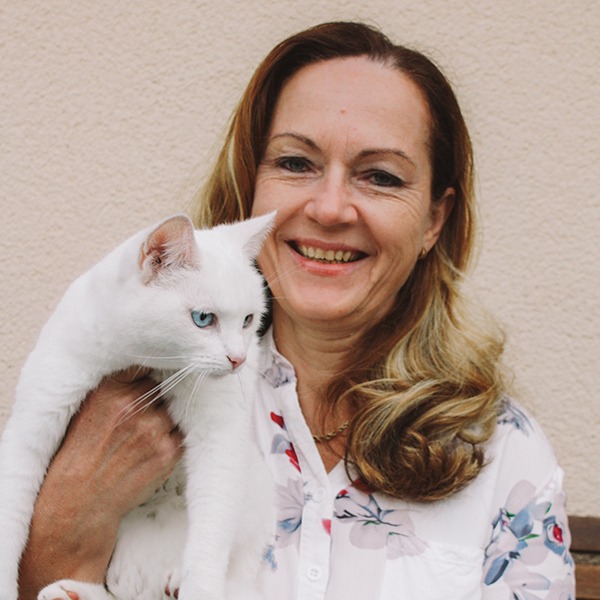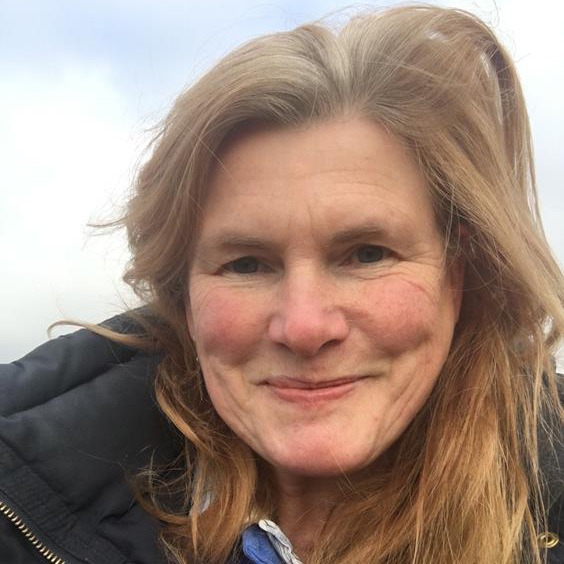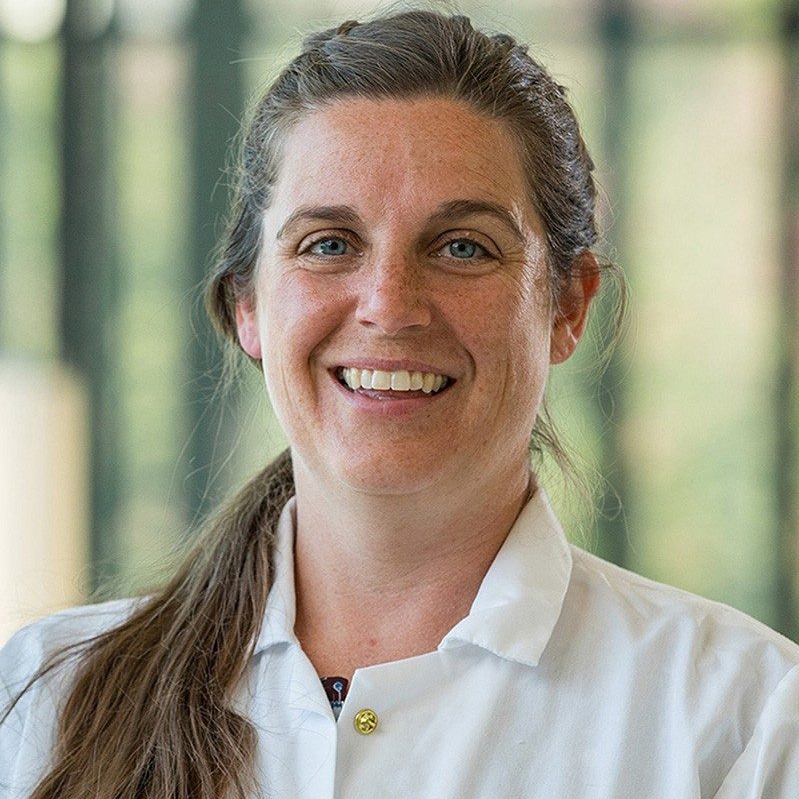Dystocia Management – How to formulate Decision-Making Trees & Protocols for your Hospital
Species
Small Animal
Contact Hours
3 Hours
Early Booking Deadline
Thu, 01 January, 1970
Registration Deadline
Thu, 01 January, 1970
Language
English
Discipline
Anaesthesia & Pain Management
Diagnostic Imaging
Emergency & Critical Care
Neonatology
Reproduction / Theriogenology
Surgery
Industry Partners
Global

Veterinary Partners
Global


Recorded on: 13th July 2023
Panelists:
Julie Cecere BA, DVM, MS, DACT - Virginia Tech, USA
Angelika von Heimendahl BVMS (Berlin), MSc, DECAR, MRCVS - Veterinary Reproduction Service, UK
Andrea Münnich DVM, PhD, DECAR - Tierarztpraxis Schönow, Germany
Moderator:
Cheryl Lopate BS, MS, DVM, DACT - Wilson Veterinary Clinic, USA
CONTENT DESCRIPTION
Dystocia is one of the most common emergencies seen in first opinion small animal veterinary practice. Management of cases varies depending on the bitch’s physical condition, presence of fetal distress, litter size and response to therapy. Dystocia requires quick evaluation and appropriate decision making for a successful outcome.
The internationally renowned panel of specialist clinicians will discuss how to determine the cause of the dystocia; how to determine if medical management is appropriate or if surgical management should be preferred; what the appropriate methods of providing and monitoring medical management are; decisions to make prior to surgical intervention; considerations during and after cesarean section; and neonatal resuscitation. A brief discussion on induction of parturition will also be part of the program. Questions and comments from the audience are most welcome.
Andrea qualified from the Humboldt-University of Berlin, Germany in 1988 and went on to work at the Clinic for obstetrics and reproductive disorders in animals, from 1997 at the Clinic for Reproduction at Freie Universität Berlin until 2006. Thereafter she went in private practice, specialized in animal reproduction, from 2011 additionally as an Official Veterinarian in the Animal Welfare.
Andrea performed an Internship at the Veterinary Referral Centre in Frazer/ Philadelphia (specialized training in small animal reproduction) in 2000. She became a Diplomate of the European College of Animal Reproduction in 2002, a Board member of the EVSSAR and was appointed to the ECAR Exam Committee in 2014. Her main activities focus on neonatology of dogs and cats, as well as on obstetrics and disturbed parturition in dogs.
Andrea has published several clinical and scientific articles in peer-reviewed veterinary journals, and she regularly reviews manuscripts for scientific journals. She is a co-author of four books. She additionally lectures regularly at national and international courses/conferences on small animal reproduction and as a guest lecturer at the Wroclaw University of Life Sciences in Poland.
Angelika graduated as veterinary surgeon from the University of Berlin. She completed a 3-year residency in reproduction at the Royal Veterinary College (RVC), University of London. She became a diplomate of the European College of Animal Reproduction (ECAR) in 2003 and is an EBVS® and RCVS recognised specialist in reproduction.
Angelika is one of a very small number of veterinary reproduction specialists consulting on canine and feline cases in the UK. She has been involved in the teaching of veterinary students, veterinary surgeons, and veterinary nurses. Angelika currently runs her own small animal referral clinic in Cambridge, Veterinary Reproduction Services. She is a past president of the European Veterinary Society for Small Animal Reproduction and of the ECAR Examination Board.
Whilst her clinical work focuses on all aspects of canine and feline reproductive medicine and fertility, Angelika also has an interest in conservation and holds an MSc in Veterinary Conservation from the University of Edinburgh.
Dr. Lopate received her BS from Colorado State University in 1984 and a Masters Degree in Reproductive Physiology in 1987 from The Ohio State University. She graduated from The Ohio State University College of Veterinary Medicine in 1991.
She practiced in a rural mixed practice in Minnesota from 1991 – 1995. She then went on to complete a residency in comparative theriogenology (reproduction) at Purdue University from 1995—1997. She was board certified in Theriogenology in 1997. She continued to teach clinical reproduction at Purdue University Veterinary Hospital for 2.5 more years, and during that time, spent 6 months on sabbatical in Australia, working on horses and companion animals.
Since that time she has been practicing predominantly companion animal and equine reproduction. She has had extensive experience with both large and small stud farms in the equine industry and with both professional companion animal breeders and pet owner/breeders in the companion animal field.
She opened a reproduction specialty practice in November of 2003 and provided reproductive services for horses and small animals until 2021. In 2021, she retired from equine practice and currently co-owns a companion animal practice and provides services to dogs, cats and the occasional exotic animal at the Portland Zoo that needs reproductive specialty care.
Dr. Lopate has a Pembroke Welsh Corgi, an Australian Shepherd, a Cleveland Bay gelding, 2 miniature donkeys, 2 barn cats and 3 sheep for her dogs to herd. She enjoys hiking, biking, herding sheep, playing with her dogs and crafting in her free time.
Julie Cecere grew up in south west Virginia eventing horses and training dogs in agility. She graduated from a small liberal arts school in Virginia, Hollins University, and headed to Virginia Tech to pursue a MS on select agents in bacteriology. One year in to the MS program she decided that bacteriology was not quite her passion and entered veterinary school. During her 4th year in vet school she met her husband and stayed around Blacksburg in private ER practice for a year and then returned to persue a residency in theriogenology at the Virginia Maryland College of Veterinary Medicine in 2010. Julie was boarded in 2013 and is currently a Clinical Associate Professor in Theriogenology and whe enjoys the comparative aspect of the field. Her research interests include companion animal andrology, Brucella, advancing the clinical knowledge of canine reproduction and teaching. Julie is currently on faculty at the VMCVM and lives on a farm with her husband and two children. Her personal interests include riding, upland bird sports, and all things music and dancing.
Veterinary Student (Requires proof of status)
Online Panel Discussion
USD 40.00
Qualified Vet
Online Panel Discussion
USD 95.00
Intern/Resident (Requires proof of status)
Online Panel Discussion
USD 75.00
Vet Nurse/Vet Tech (Requires proof of status)
Online Panel Discussion
USD 75.00
If the options you are looking for are unavailable, please contact us.
No tax will be added unless you are a UK taxpayer
Choose currency at checkout


















